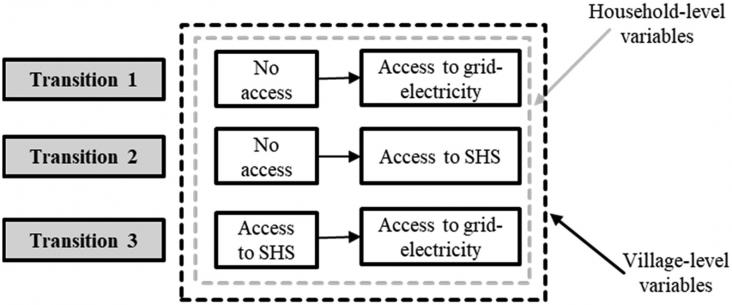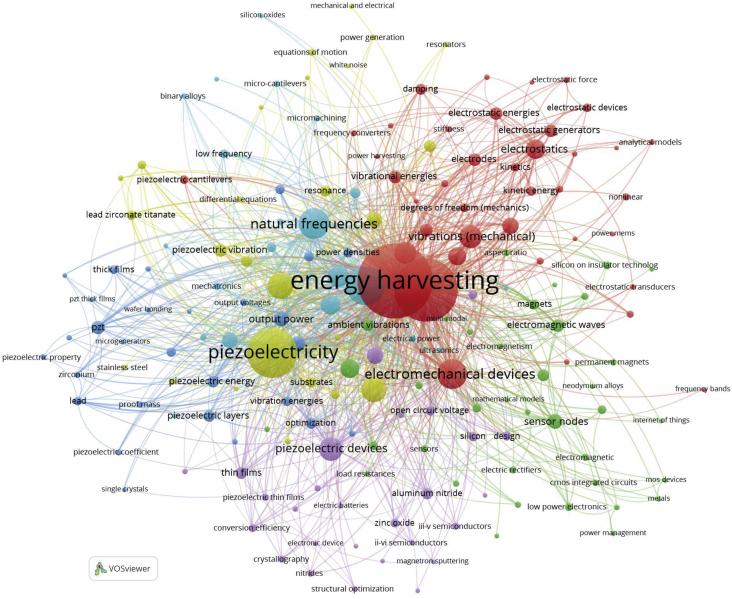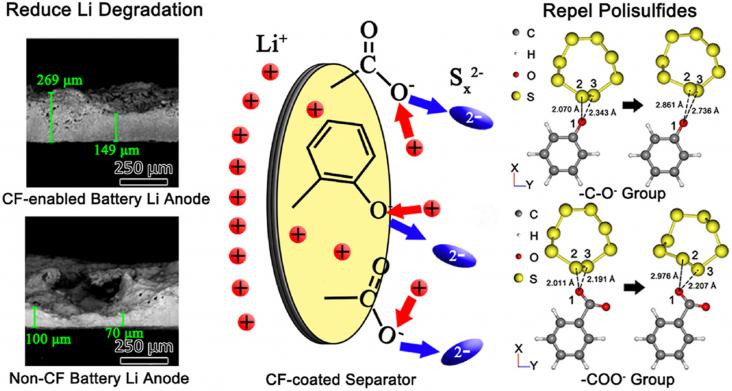Rapid climate action is urgently necessary, but it poses risks to justice. Major justice risks relate to fossil fuel phase-out, increased resource use, distribution of economic impacts, human needs. To mitigate against this we need to be inclusive of diverse voices and able to deal with radical ideas. This paper outlines a way we can do this.
The research investigates whether the current feed-in tariff (FIT) policy in Hong Kong SAR can ensure the development of solar photovoltaic (PV) systems.

This paper presents an analysis of the path towards a clean energy transition in rural areas, from the time that households do not have electricity access from any source, to when they get access t
The National Biogas Policy of Ethiopia introduces plans for the implementation of biogas technologies in rural areas.

Micro Electro Mechanical System (MEMS) energy harvester's research interests have been increasing rapidly, indicating that the topic has given significant contributions to the sustainable development

The fast-expanding electric vehicle market demands eco-friendly, high-performance, and low-cost energy storage systems.
Fatty alcohols (FAs) have been widely studied as typical phase-change materials for their high latent heat, low undercooling, non-toxicity, and low cost in thermal energy storage applications.
This Viewpoint supports SDGs 3, 6, and 7 by discussing some of the reasons why many of the innovations and technologies for WASH (water, sanitation, and hygiene) and household air pollution developed in recent decades have not led to the expected improvements in health outcomes, and why many of these interventions have either been inconsistently adopted by low-income households, or not adopted at all.
This article supports SDGs 7 and 9 by addressing the challenges in traditional material research methods. This will play a crucial role in the screening and structure-activity relationship modeling of advanced energy materials, accelerate the development of energy materials, support carbon neutrality goals, and provide new scientific discovery methods.
This article supports SDGs 7, 9 and 11 by utilizing solar photovoltaic, wind energy, solar thermal energy, and battery energy storage, and the special emphasis is placed on the schedulable value of concentrated solar power generation to provide more economical and environmentally friendly energy supply, while integrating multiple renewable energy technologies through artificial intelligence technology to shape the future of cities.
